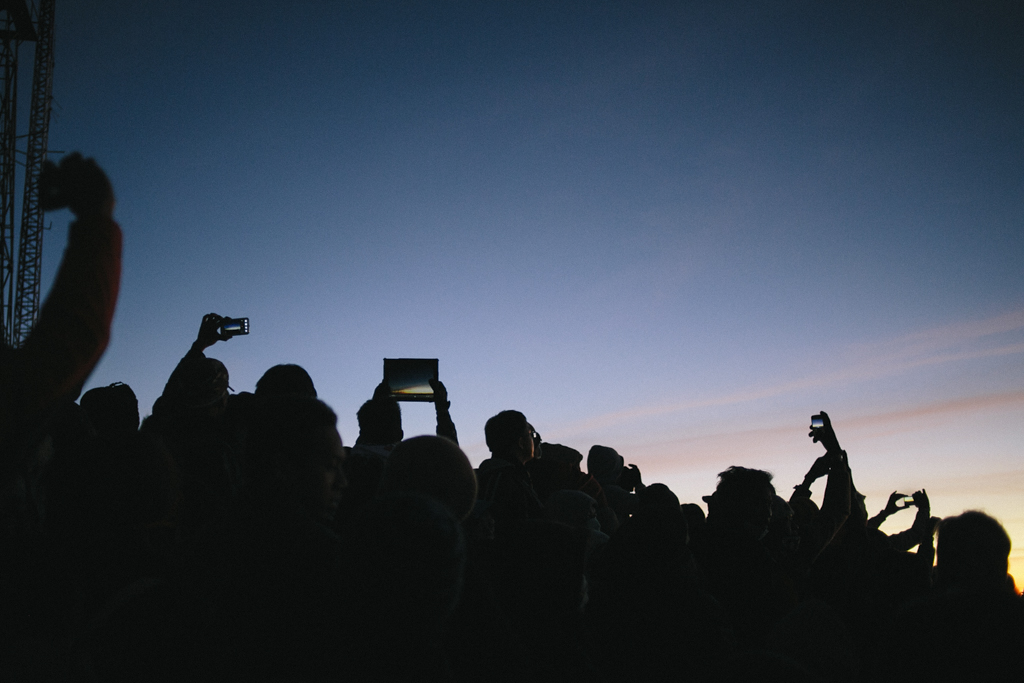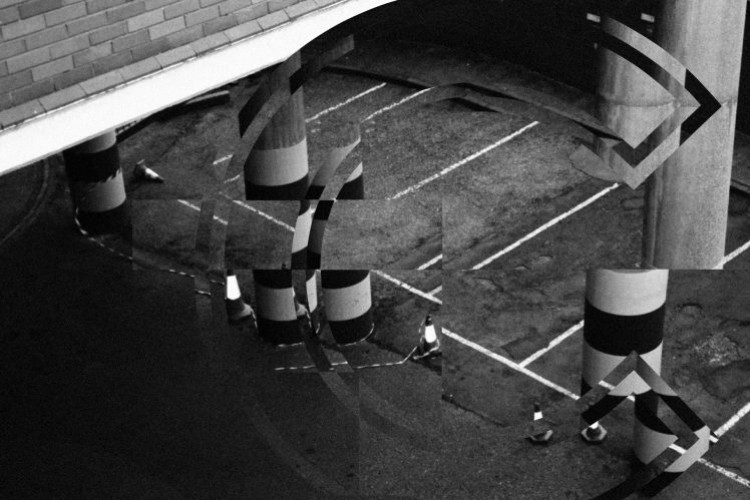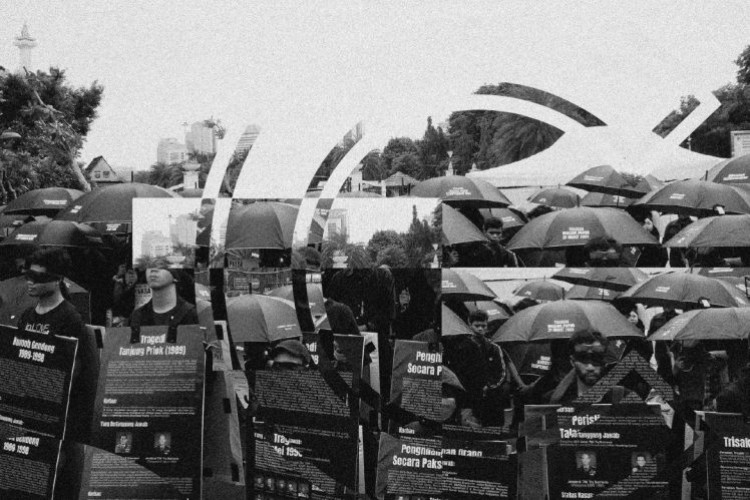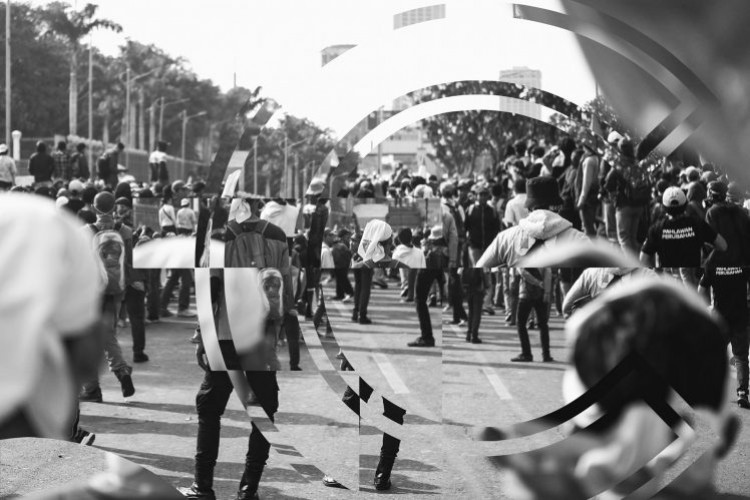
Who are the photographers?
Photographers in the most literal sense are noted as people whose job is especially to take photographs. In the past, the definition was restricted to a certain group of people who are willing to spend their resources to become a photographer. In a more figurative sense, a photographer is not only a person who takes photographs, but also one who has an understanding of visual literacy. Like literature, the product of photography could be in the form of snapshots (words), series of pictures (sentences), photo essays and so on. The products can be used for communicating an intention or idea, to persuade people, or in a more romantic level as a form of poetry. And like literature as well, there are good books and there are not so good books. Many factors come along to establish which one is which. However, in the first place, it should come from the creator itself, the photographer.
In my previous essay, I touched on the advancement of technology of the camera. Aside from creating more possibilities of what you can do with photographs, the modern camera is no longer a luxury that only certain people can afford or willing to learn how to use. Looking at it, it is only logical to state that the modern camera is not only altering the landscape of photography but that it also creates a new breed of photographers. Photographers today could be teenagers in love taking pictures of their moments together, a mother who is preparing her child for the first day of school, or the journalist who braved the super typhoon Usagi in Hong Kong. In short everybody is a photographer in a literal sense.
The vast number of photographers in the world highlights two main problems. First, there are too many photographers. These people would quickly dilute the market of professional photographers and over time devaluate photography. The second problem is that the vast numbers of photographers that we see today are equipped with decent cameras that take beautiful pictures out of the box. However, the camera can only do so much, as the most important factors, like I said before, is the photographer him/herself. Unfortunately, most of these photographers are plagued with the same problems, where they feel contented by creating images, which are considered beautiful by their peers. As a result, on an everyday basis, we’re being surrounded, if not engulfed by a tsunami of these similar beautiful images.
The second problem highlights two main things; first, there is a redundancy of the said beautiful photographs that requires the consumption of more energy, memory cards and the camera itself, creating environmental problems such as the increase of electronic waste and unsustainable energy consumption. Secondly, these photographers are allegedly stuck in their own comfort zones, creating photographs for the purpose of seeking approval from their peers and do not have the understanding that these photographs do not actually increase the visual literacy of the photographers nor the viewers.
Therefore we’re in a bit of a dilemmatic situation over here. In a literal sense, we have (or we are) photographers because we take photographs on an almost daily basis. However, in a figurative sense, most of us do not have the understanding of the visual literacy. In short, everybody is a photographer. However, at the same time everybody is not a photographer.
Now then how does a photographer increase his/her visual literacy? Taking a photograph and looking at accomplished photographers’ works are some ways to do it, but I tend to agree with what Kirk Tuck had brilliantly written on his journal, his point is if you want to make more interesting photograph then you need to become a more interesting person. One does that by doing all the things that are unrelated with photography in which among them are: listen more, talk less, travel more, make friends with people who are actors, artist and musicians, read more, go to a mosque, go to a church or go to a synagogue, go to a house of worship that’s not your current brand, go on a life threatening adventure, spend a month on a cargo ship or a fishing boat and take naps in the middle of the day and stay up all night (the full list can be found here). By doing this you will expose yourself to the world and in the end you would have different understanding of yourself and creates your own perspective on the visual language and after all isn’t that the point of photography?











